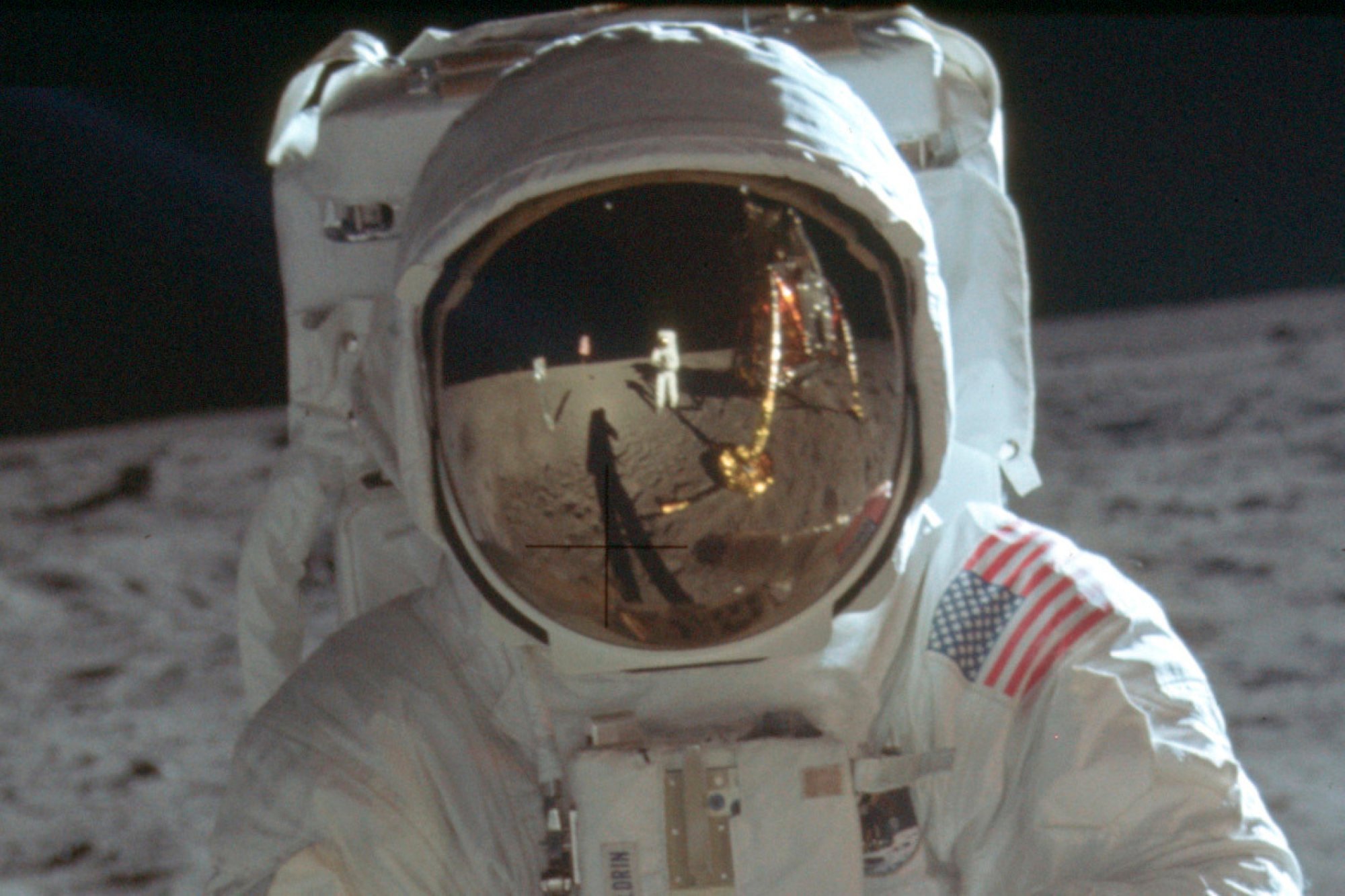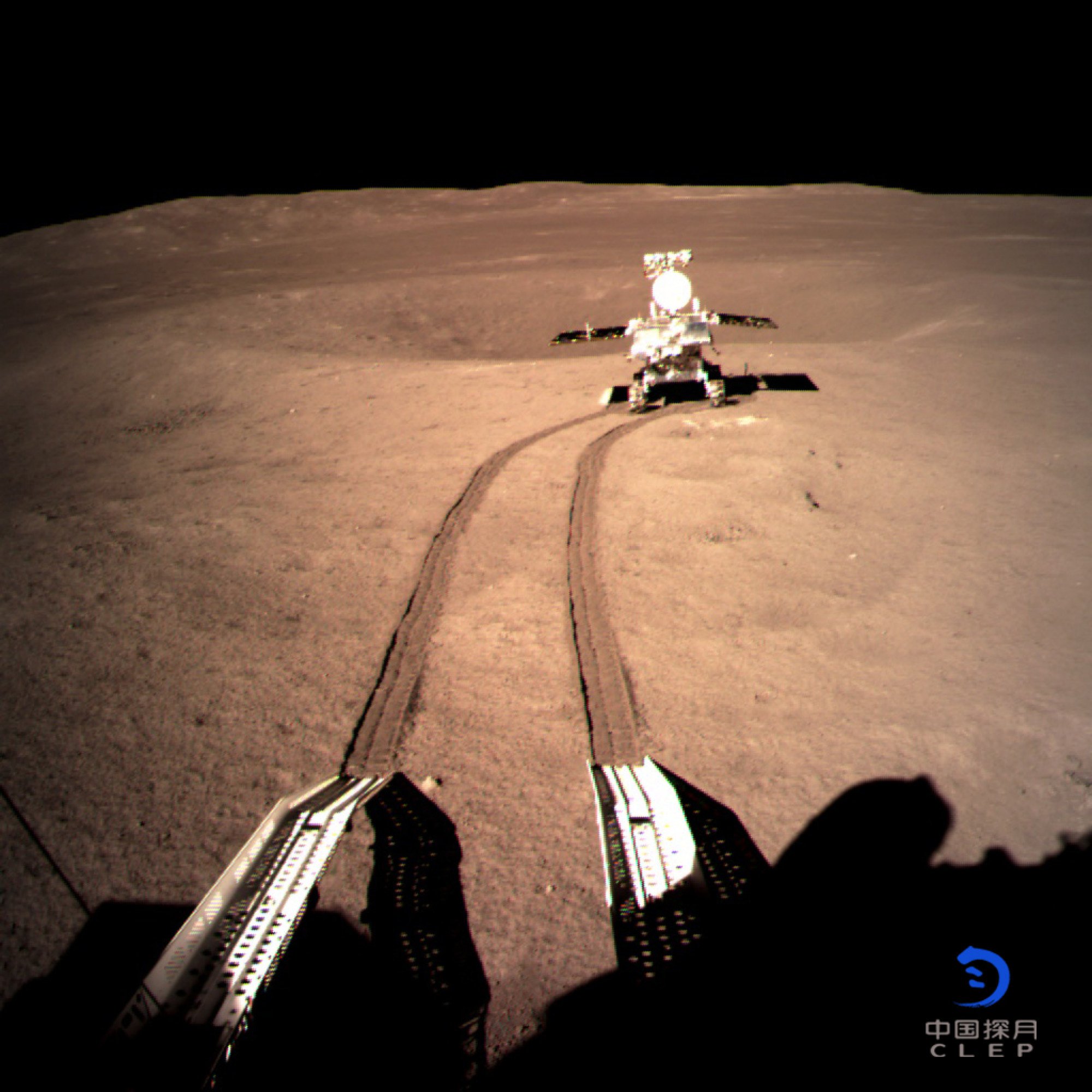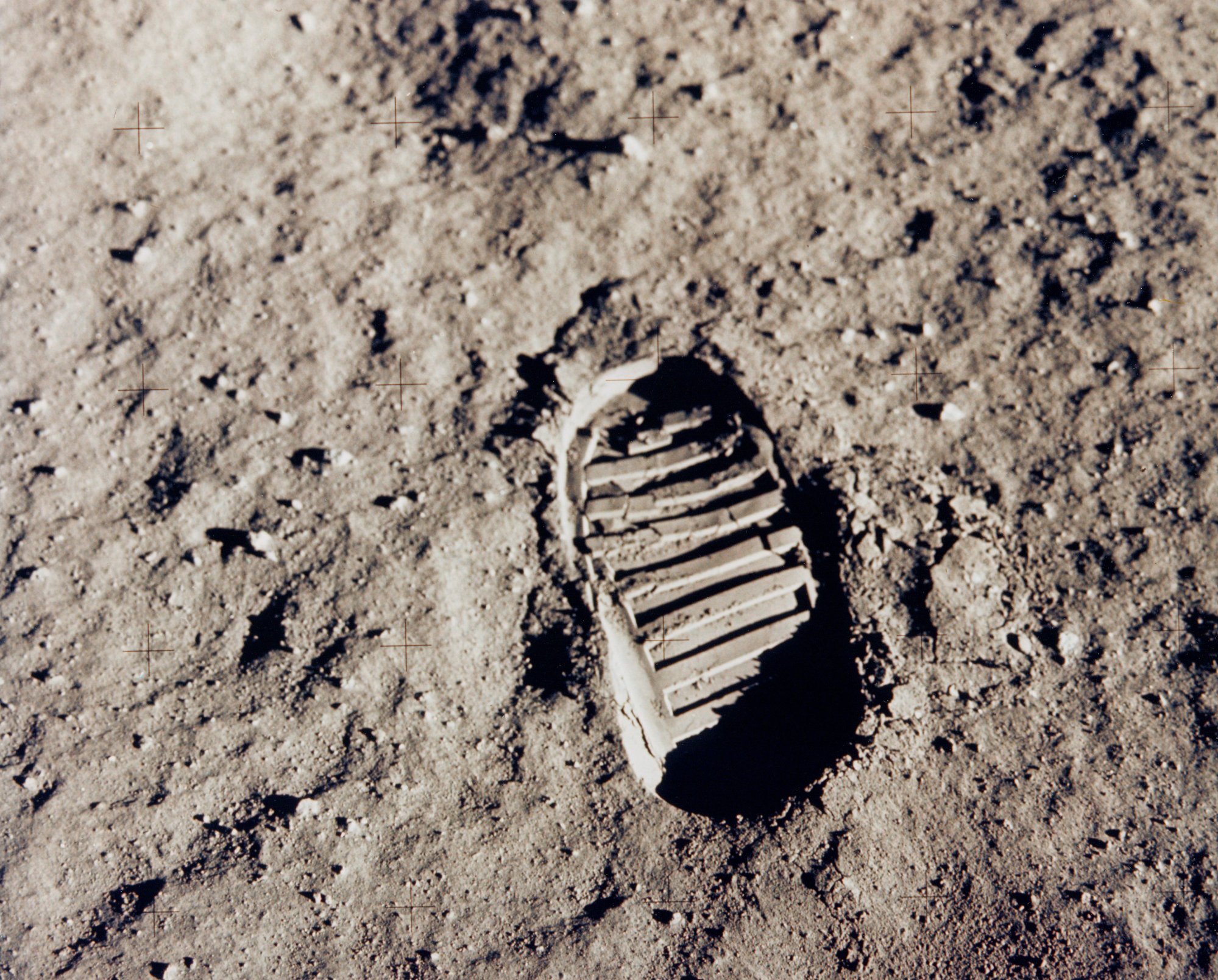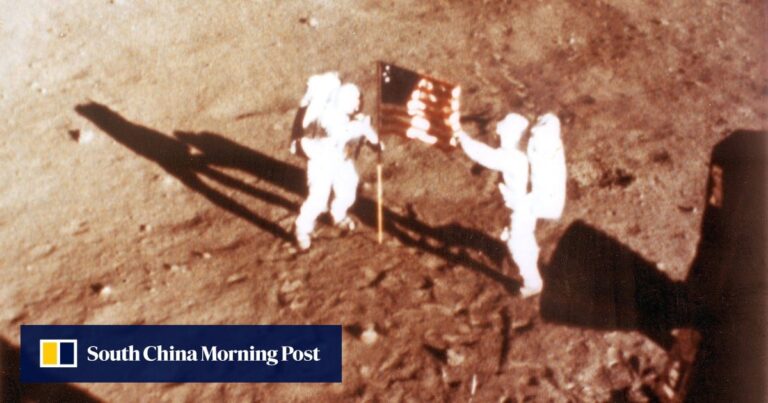She described the meeting as “very interesting,” adding that it reflected China’s emergence as a global space leader.

“When you have power, people come to negotiate. Before, no one came to discuss these issues,” Lee said.
“When moon landing was a monopoly of the United States, [the US] There was no need to worry about ownership of minerals on the moon or who might destroy historical sites on the moon.
“Now that China has acquired the capability to land on the moon, the U.S. suddenly finds itself having to discuss these issues and concerns are coming to the surface.”
In 2020, the US passed a law called the “Small Steps to Protect Our Human Heritage in Space Act” to protect US landing sites on the moon, but it only applies to a small number of companies that work with NASA.
The jade rabbit is named after the animal that lives on the moon with the goddess Chang’e in Chinese mythology, after whom China’s lunar exploration program is named.

It landed on the moon in December 2013, becoming the first rover to operate on the moon since the Soviet Union’s Lunokhod 2 was decommissioned in 1973.
The Chinese rover survived for more than 900 days, well beyond its expected lifespan of three months.
Its successor, Yutu-2, became the first lunar rover to land on the far side of the moon in January 2019. It is still in operation today and is the longest-lived lunar rover.

China and the United States are also racing to become the first countries to send astronauts back to the moon since the Apollo program ended in the early 1970s.
But while the space program is a source of great national pride for China, it also attracts tides of conspiratorial nationalism.
The paper said the social media furor was caused by people misinterpreting cryptic comments made by lunar scientists during a live television interview, and noted that there was plenty of evidence to the contrary, including the kilograms of samples taken by Armstrong and Buzz Aldrin.

